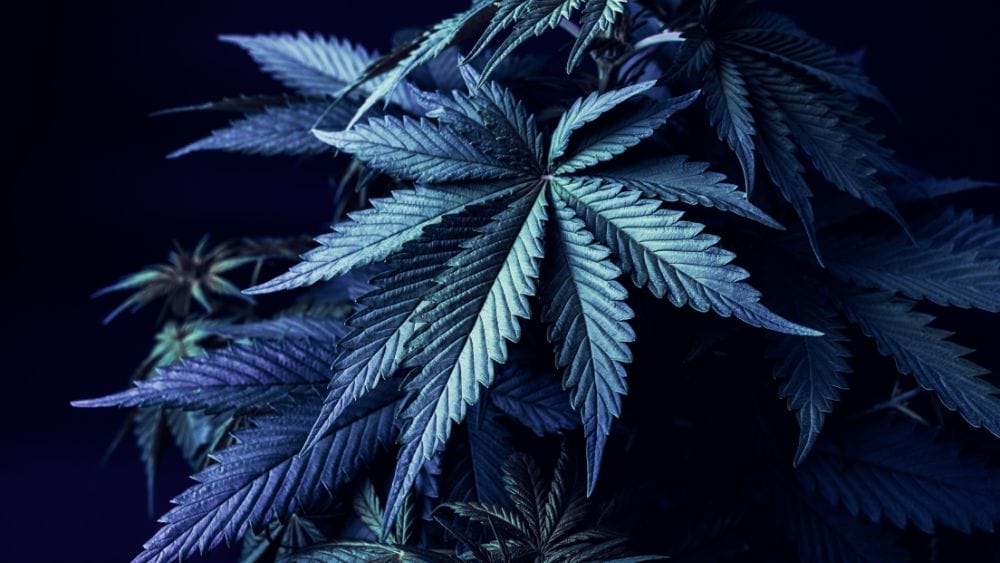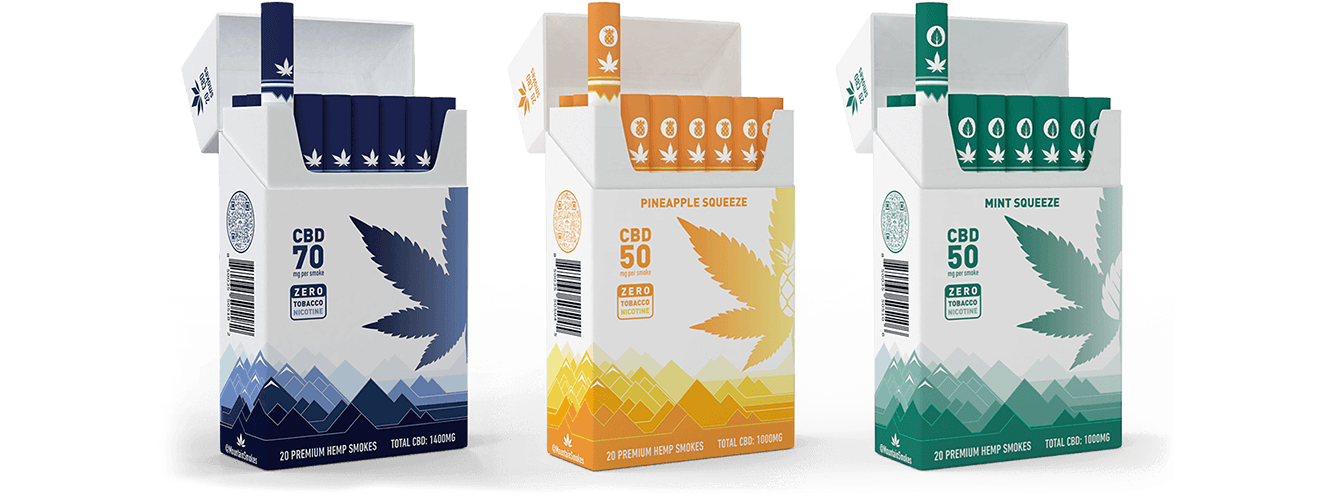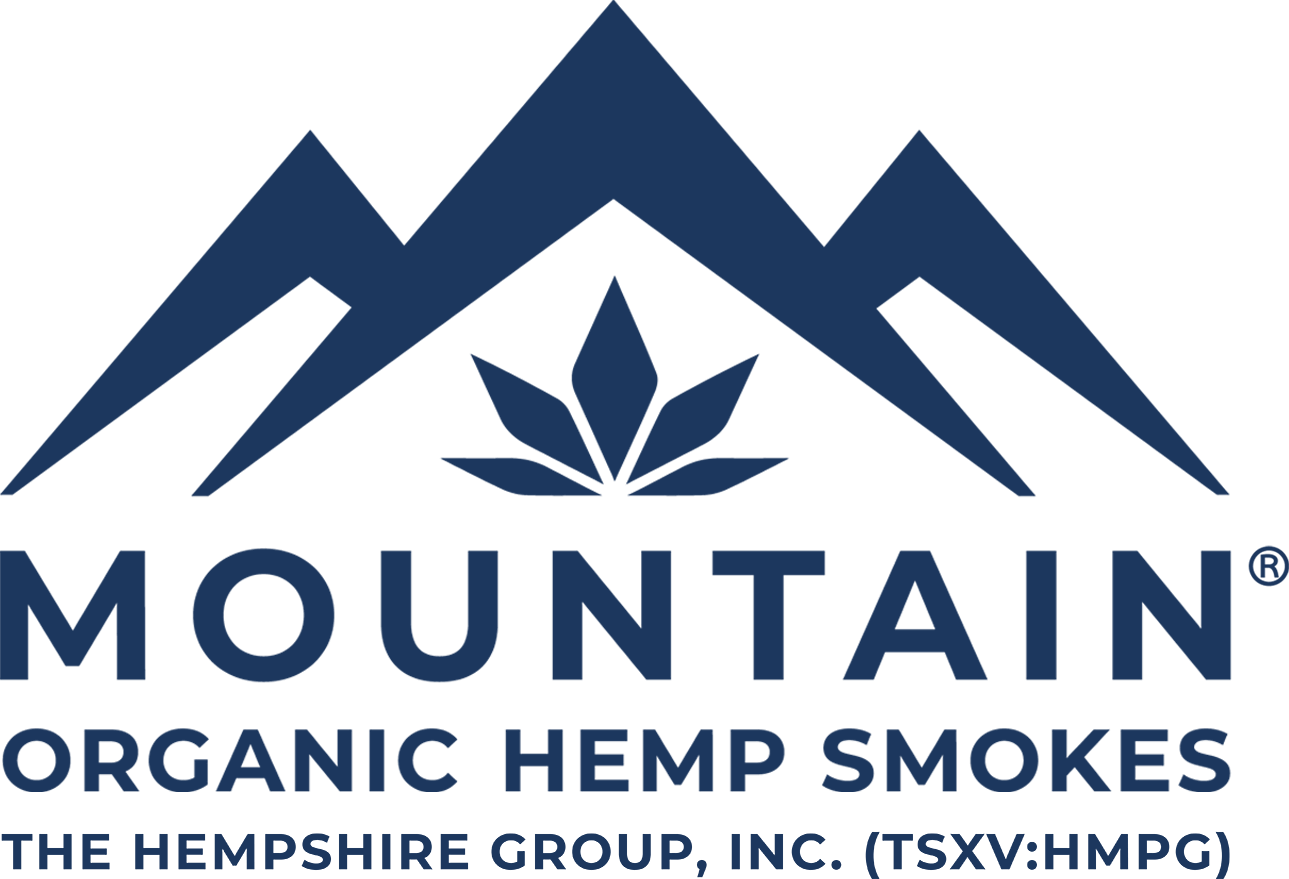THC vs Delta 8

The comparison between THC (Delta 9-tetrahydrocannabinol) and Delta 8 has garnered significant interest from those interested in the properties and effects of cannabinoids. While THC has long been recognized as the primary psychoactive compound in cannabis, Delta 8 has recently gained popularity for its unique properties. In this THC vs Delta 8 article we will explore the similarities and differences between THC and Delta 8, uncovering insights into their unique characteristics, legal implications, preferred consumption methods, and the potential trajectory of Delta 8 in relation to THC.
THC vs Delta 8: A Brief Overview and Historical Background of THC
THC, a naturally occurring cannabinoid found in cannabis plants, is known for its psychoactive effects. It interacts with the body's endocannabinoid system, specifically targeting cannabinoid receptors to produce various physiological and psychological responses. THC has a rich history dating back thousands of years, with evidence of its usage for both recreational and medicinal purposes in ancient cultures. Its psychoactive properties and potential therapeutic benefits have contributed to its widespread popularity and ongoing research.
THC, also known as Delta 9-THC, is one of the most abundant cannabinoids found in cannabis. It is primarily responsible for the euphoric and intoxicating effects commonly associated with cannabis consumption. THC binds to cannabinoid receptors in the brain and central nervous system, triggering a cascade of physiological responses that result in the characteristic "high" experienced by users.
Delta 8: A Rising Star in the World of Cannabinoids
Delta 8, also known as Delta-8-tetrahydrocannabinol, has gained attention for its unique properties and potential therapeutic benefits. Like THC, Delta 8 interacts with the body's endocannabinoid system, although it binds to cannabinoid receptors with slightly less affinity. This results in a milder psychoactive experience compared to Delta 9-THC, potentially offering users a more balanced and subtle high.
One of the reasons Delta 8 has garnered attention is its potential therapeutic benefits. It has been reported to exhibit anti-anxiety, analgesic, and antiemetic properties, making it potentially useful for individuals seeking relief from various symptoms.
THC vs Delta 8: Differences & Similarities between THC and Delta 8
Differences
- Potency: Delta 9-THC is generally more potent and produces a stronger psychoactive effect compared to Delta 8, which means that users typically report experiencing a more intense high with Delta 9-THC.
- Legal Considerations: The legal status of THC varies across jurisdictions, with many countries considering it a controlled substance. Delta 8, derived from hemp containing less than 0.3% Delta 9-THC, may be legal under specific conditions in some regions.
- Availability: Delta 9-THC is naturally abundant in cannabis plants, while Delta 8 is present in smaller quantities. Delta 8 is often derived through selective breeding or conversion processes from other cannabinoids, such as CBD.
Similarities
- Psychoactive Effects: Both THC and Delta 8 can produce psychoactive effects, albeit with varying intensities. Users may experience euphoria, relaxation, altered perception, and heightened sensory awareness with both compounds. However, it is worth noting that Delta 8 is often reported to provide a milder psychoactive experience compared to THC, which may be desirable for those seeking a more balanced and subtle effect.
- Chemical Structure: THC and Delta 8 share a similar chemical structure, differing only in the placement of a double bond. This structural similarity contributes to their interactions with the endocannabinoid system.
Consumption Methods
When it comes to the consumption methods of THC vs. Delta 8, individuals have a range of options to explore.
THC
- Smoking: Inhaling THC-rich cannabis flower through smoking is one of the most common and traditional methods of consumption. The smoke is absorbed into the lungs, and the cannabinoids quickly enter the bloodstream, producing rapid effects.
- Vaporization: Vaporizing THC involves heating cannabis flower or concentrates to a temperature that releases the cannabinoids in the form of vapor. This method reduces potential harm from smoke inhalation.
- Edibles: THC-infused edibles, such as chocolates, gummies, or baked goods, provide an alternative method of consumption. The effects of edibles are typically delayed but can last longer compared to smoking or vaporizing.
- Tinctures: THC tinctures are liquid extracts that are taken orally by placing drops under the tongue. They offer a discreet and precise method of consumption.
Delta 8
- Smoking: Delta 8 can be smoked by inhaling the vapor or smoke produced by combusting Delta 8-infused products, such as pre-rolls or hemp flower.
- Vaporization: Delta 8 cartridges or concentrates can be vaporized using a compatible vape pen or vaporizer, providing a smoke-free experience.
- Edibles: Delta 8-infused edibles, such as candies or chocolates, offer an oral consumption option that provides a longer-lasting effect compared to smoking or vaporization.
- Tinctures: Delta 8 tinctures are liquid formulations placed under the tongue for sublingual absorption, allowing for quick and precise dosing.
As the popularity of Delta 8 continues to rise, some speculate whether it will overshadow THC in terms of mainstream acceptance and consumption. While Delta 8 offers unique properties and potential therapeutic benefits, THC's long-standing prominence and extensive research make it unlikely to be replaced entirely. Both THC and Delta 8 have their place in the world of cannabinoids, catering to different preferences and needs. The future of Delta 8 looks promising, with increasing interest and ongoing research shedding light on its potential.
Additional Information:
- National Academies of Sciences, Engineering, and Medicine; Health and Medicine Division; Board on Population Health and Public Health Practice; Committee on the Health Effects of Marijuana: An Evidence Review and Research Agenda. Washington (DC): National Academies Press (US); 2017 Jan 12. https://www.ncbi.nlm.nih.gov/books/NBK425767/
- Kruger, J.S., Kruger, D.J. Delta-8-THC: Delta-9-THC’s nicer younger sibling?. J Cannabis Res 4, 4 (2022). https://doi.org/10.1186/s42238-021-00115-8 https://www.ncbi.nlm.nih.gov/books/NBK425767/
MOUNTAIN Smokes®
ZERO TOBACCO. ZERO NICOTINE. Premium Organic Full-Flower Hemp Smokes.
 SHOP MOUNTAIN SMOKES
SHOP MOUNTAIN SMOKES Made in the USA
Made in the USA Satisfaction Guaranteed
Satisfaction Guaranteed SSL Secure Checkout
SSL Secure Checkout


